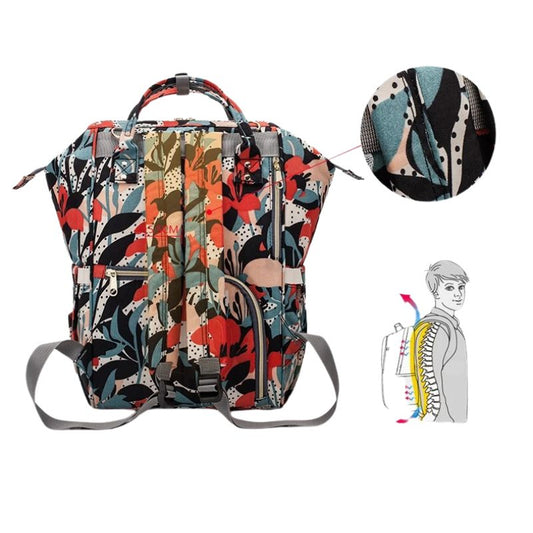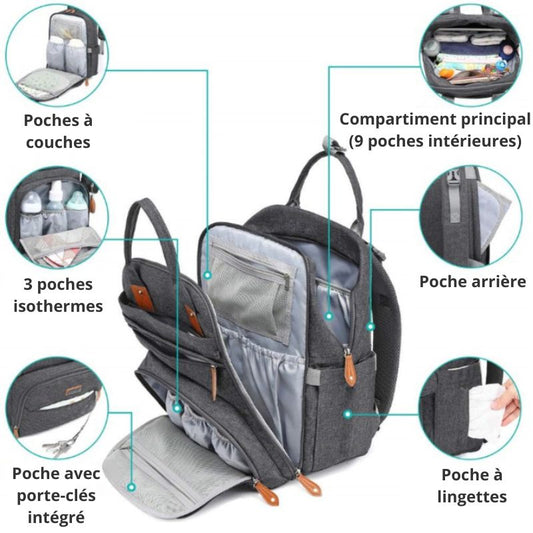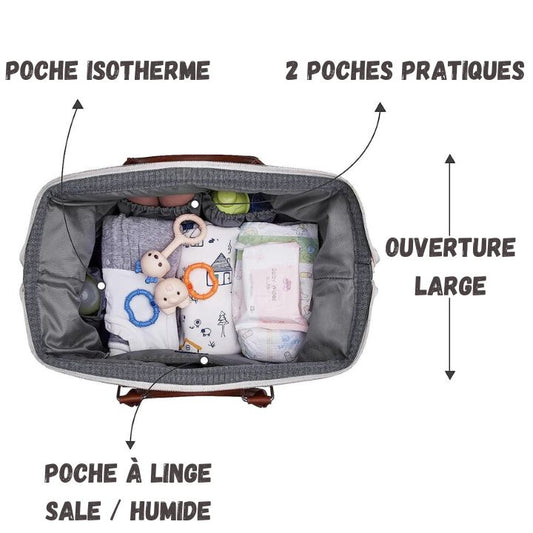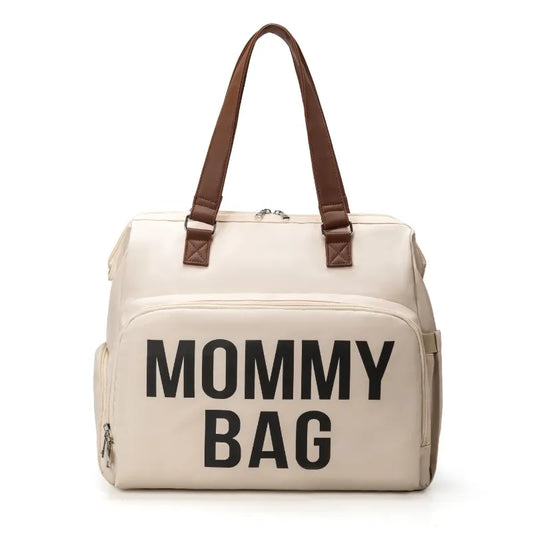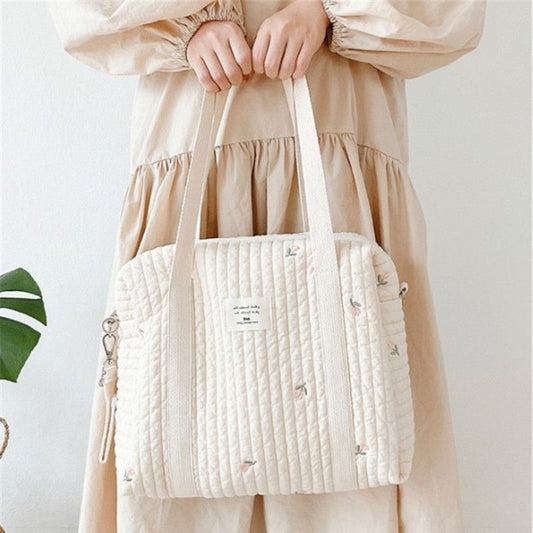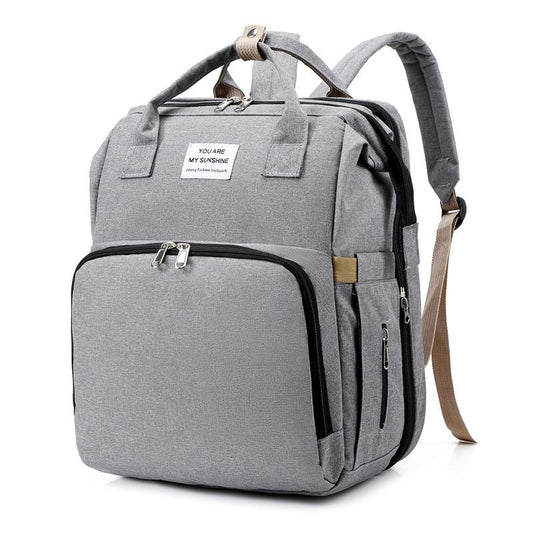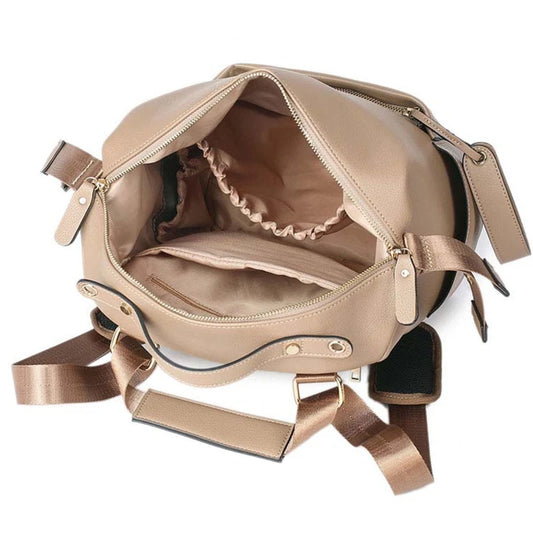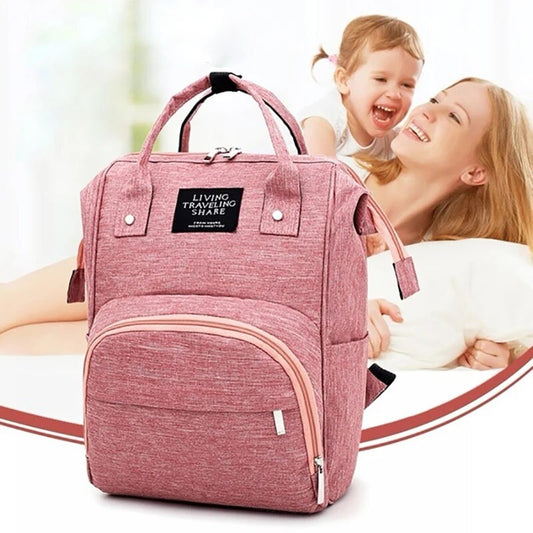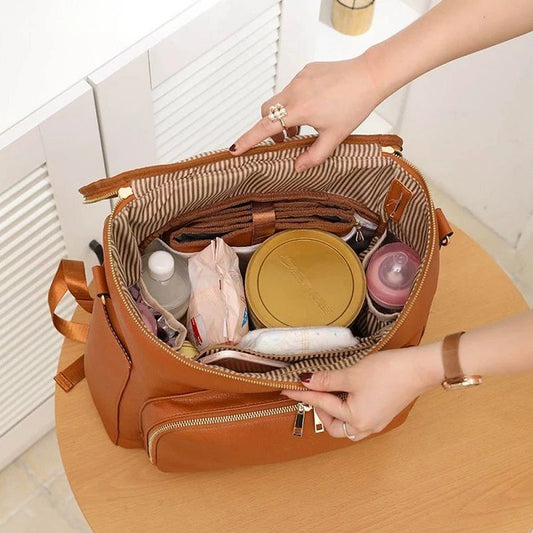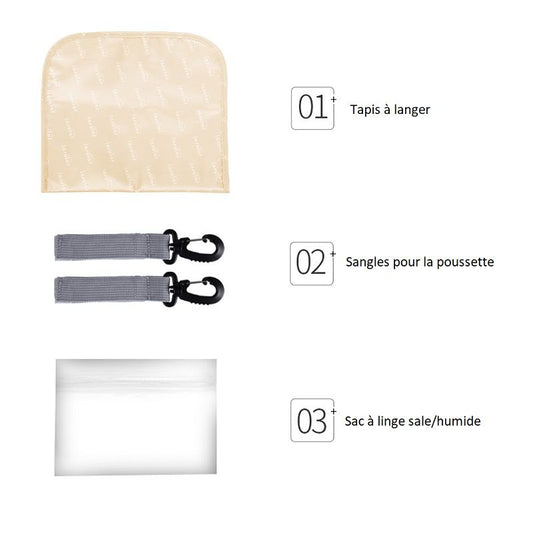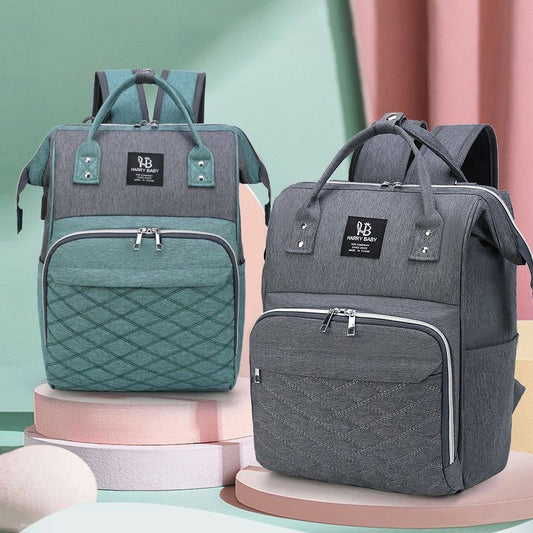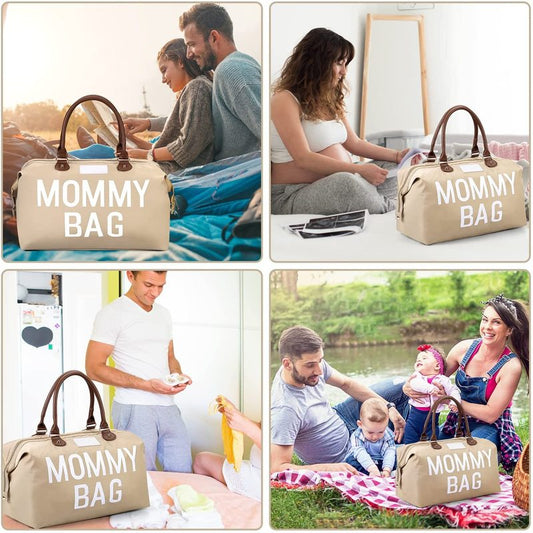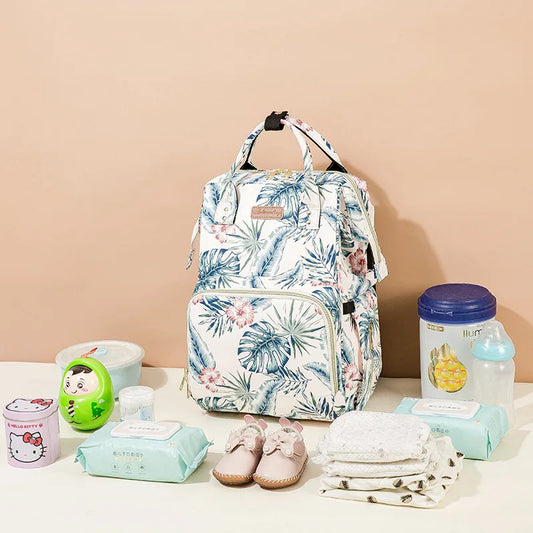Dr. Laura Markham explains the three keys to successful parenting, how to properly model emotions and conflict resolution, and the coveted recipe for raising happy, resilient children.
Discover our baby cushions.
- Learn and Grow : We all learn and grow, and if you come across moments where you lose your cool a lot, notice what's happening. Bring your conscious attention to it. I think of this as us descending into the dark basements of our psyche with our flashlight, and the flashlight is our conscious attention. When we project conscious awareness onto something, it loses the power of the unconscious fear otherwise attached to it.
- Ability to Self-Regulate : Our ability to self-regulate may have more impact on what our child becomes than anything else we do.
- Non-Perfect Parenting : We won't be perfect, but our goal can be to operate from a place that is not about who is right or wrong, but is more at the heart level, where we are the leader, and we let's lead with our heart, and what matters is compassion for our child, but also protecting and supporting our child to become their best self.
- Daily Decisions : How we relate to them and how we make all daily life decisions will shape who they are in very visceral ways that they cannot articulate, but also who they are in terms of how they present themselves in the world for the rest of their lives based on their values — who they think they are.
- Universal Needs : All children need the same things from their parents. They all need to know that they are acceptable exactly as they are with all their inappropriate feelings in the first place. Second, that no matter what happens, their parent will be there to help them, care for them, protect them, give them food and shelter, and emotional love, physical love.
- Valuing Children : One of the most important things we can give our children is a feeling of being valued, of feeling appreciated for who they are. When children feel that we adore them, that we rejoice in who they are, they feel valued. It's not about having to behave in a certain way. It's not about having to produce certain things, like getting an A or being a caring child. Of course, we want them to do well in school and be caring, but our love for them doesn't depend on that.
- Helpful Emotions : Not all humans are, but most of us were not raised to be able to befriend our emotions, and at best, we see them as a necessary inconvenience. The truth is that emotions are useful. Emotions are indicators of something, an indicator of something that matters to us or a place we need to grow or a place we need to change or something we want to change in the world around us that isn't working for We.
- Unconditional Love : Our love for our children is unconditional. It comes before anything they actually do, and the paradox here is that when we give children unconditional love, they do much better. They do better in school. They do better with others because they don't come from a place of feeling incomplete love and valuation.
- Conflict Resolution : What's happening here is that you're putting a little brick in a wall between you and your partner, a wall of unexpressed, unexplored, unresolved grievances, where you essentially think your partner was behaving like an idiot...this brick is a judgment that it's all their fault, and the next time you have an altercation it will be worse because you didn't actually resolve this one.
- Children's Resilience : They will develop resilience if we allow them to have these negative feelings, and they will learn that the world doesn't end — that they can do these things and come out unscathed in the end, and everything will be okay good, isn't it? If we prevent our children from developing resilience, it doesn't help them at all. Then we unknowingly raised a child who doesn't have the courage to pursue what he wants in life and get it. It's a recipe for infelicity.
For additional resources on peaceful parenting, you can consult articles from Parents.fr , an authority site on parenting in France.














